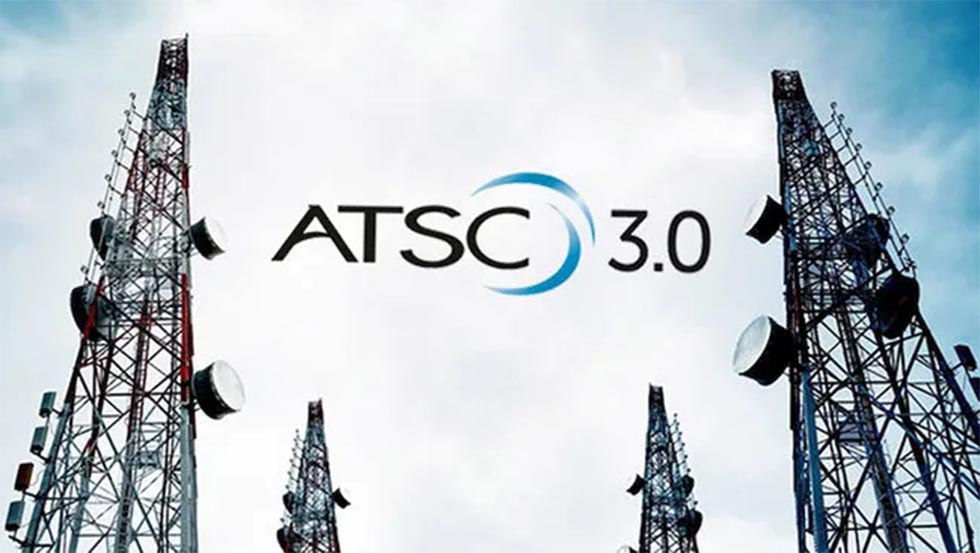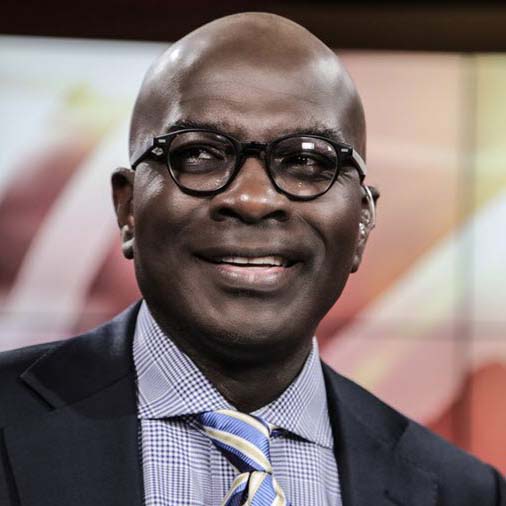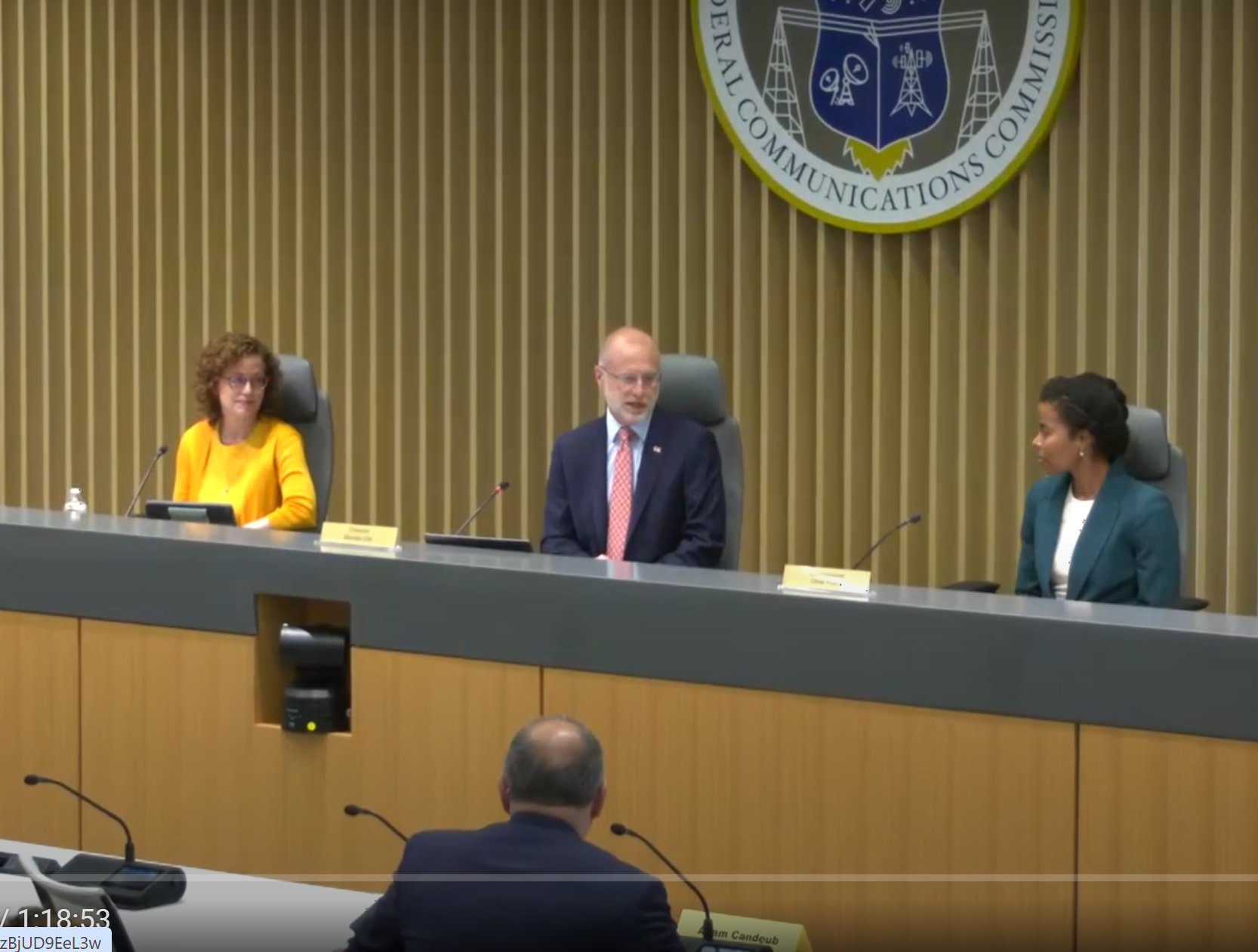If He Wants to Save It, Brendan Carr Should Deregulate Broadcast TV and Fully Empower ATSC 3.0
Incoming FCC chair should unleash NextGen TV’s power to counteract the influence of Big Tech

"Big Tech”—Google/YouTube, Apple, Facebook, Amazon—continues to pose a mortal threat to local TV stations. The Big Tech titans dominate the online advertising market, which allows them to act as the gatekeeper of news and local content. They face none of the regulatory limitations imposed by the FCC that the broadcast industry does. They pay no annual regulatory fees, have no national or local ownership limits, no programming obligations (local news or children’s television) and no online public access file requirements, etc.
In September 2022, the Tech Oversight Project demonstrated that Big Tech was the killer of the newspaper industry. Unless the FCC moves promptly to deregulate the television industry, it will soon be among the dead. I hope new chair Brendan Carr understands that and acts to save the patient.
The field of competition for the television industry is far from level. The radio industry is already deregulated and one person may own multiple AM and FM stations in every city in the United States. That’s every city. But television station owners are not allowed to do that. The networks (ABC, CBS, NBC and Fox) may have affiliation agreements with TV stations in every market, essentially giving them negative control over the station. Local television station owners, who have the greatest interest in broadcast television service being in every market in the country, should have the same rights as the networks do to own and operate, and to be as deregulated as the radio industry. Alas, television does not share equal rights and all the FCC rules that prevent that should be eradicated immediately.
Unleashing NextGen’s Power
Deregulation will also unleash ATSC 3.0. The FCC has historically aided new technology that expanded public availability and service. For example, there was once only AM radio. After four decades of dominance, along came FM. In response, the FCC enacted rules mandating that all new radio tuners had to include both AM and FM. The obvious reason: The FCC wanted to promote the new FM broadcast platform.
Similarly, once VHF television had matured to the point that additional spectrum was needed to serve the public, UHF was born. To ensure its accessibility, the law—The All Channels Receivers Act—and the FCC’s regulations were updated to require that all television tuners include VHF and UHF station reception.
It’s beyond time for the FCC to change course, follow its own historic lead and obligate all new television tuners to include ATSC 3.0 reception.”
Similarly, having learned the lesson of the failed AM Stereo conversion attempt, when the need for an analog-to-digital conversion arose, the FCC adopted a mandatory requirement. The FCC gave the television industry no choice—convert or die.
For the young ATSC 3.0 technology, however, the FCC has not acted and instead continues to overregulate and seriously limit the benefits of NextGen TV. Those benefits include interactivity, multiscreen applications, 4K (and potentially 8K) resolution, immersive (Dolby AC-4) audio, mobile reception, integration with existing 5G cellular networks, datacasting (ATSC 3.0 uses Internet Protocol (IP) for signal delivery, so it can also broadcast IP-based data), and much more.
The professional video industry's #1 source for news, trends and product and tech information. Sign up below.
A Precedent to Follow
It’s beyond time for the FCC to change course, follow its own historic lead and obligate all new television tuners to include ATSC 3.0 reception. In doing so, the FCC would recognize that broadcasters make significant capital investments when adopting new technologies, and prioritize promoting broadcast innovations with the goal of both improving service to the public and the competitive viability of free-to-the-home broadcasting. Allowing greater economies of scale, deregulating its ownership rules and eliminating regulatory hurdles would allow stations to afford investments in improved technologies like ATSC 3.0, and best serve the public interest. Until that happens, broadcasters remain vulnerable to unfair competition from Big Tech, and risk going the way of the newspaper business. Hopefully, chairman carr understands that and promptly deregulates the television industry and acts to save local television by leveling the media marketplace.
Armstrong Williams is manager and sole owner of Howard Stirk Holdings I & II Broadcast Television Stations and the 2016 Multicultural Media Broadcast Owner of the Year.

